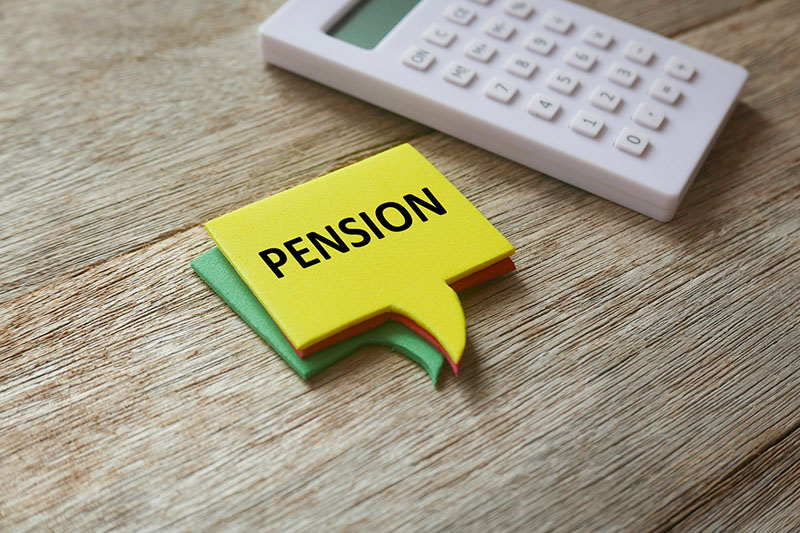
This content is for information and inspiration purposes only. It should not be taken as financial or investment advice. To receive personalised, regulated financial advice please consult us here at Elmfield Financial Planning in Padiham, Burnley, Lancashire.
The Prime Minister has warned that the upcoming Autumn Statement (due on 30 October) will be “painful”. Before this, the Chancellor – Rachel Reeves – confirmed that tax rises will be necessary in the budget. Naturally, investor and business confidence is down to their lowest levels since December 2022 as people brace for what may be coming.
What can we expect in the 2024 Autumn Statement? Whilst nobody has a crystal ball, our financial advisers believe that some key areas of spending and taxation are more likely to be in the government’s sights. Below, we explain what these are, why they might be targeted and the implications for financial planning.
We hope these insights are helpful to you. Please get in touch for more information or to discuss your own financial plan with us.
Capital gains tax (CGT)
It is important to highlight the taxes the Labour government has ruled out increasing—i.e., those that affect “working people,” namely income tax, VAT and National Insurance (NI). Whilst this may be welcome news for many, the promise “boxes in” the government with its policy options.
This forces the government to target “wealth-related” taxes, such as capital gains tax (CGT). The previous Conservative government has already reduced the tax-free Annual Exempt Amount for CGT twice—from £12,300 in 2022 to £6,000 in April 2023, then down to £3,000 in April 2024.
The current Chancellor has refused to rule out further changes to CGT. Moreover, by aligning the rates with income tax (something another Conservative government did in the 1980s), an additional £14bn could be raised each year for the Treasury. This would go a long way towards plugging the £22bn “black hole” identified by Rachel Reeves in July.
Whilst we cannot know whether CGT will be changed, it is worth speaking with your financial adviser to ensure you are making full use of your tax allowances (e.g. ISAs) before any potential reforms come into force.
Inheritance tax (IHT)
IHT allowances and exemptions are widely expected to change in the October budget. Again, this is not known for certain. Moreover, we cannot know what reforms may arrive. Labour did not mention IHT in the general election campaign.
IHT is a big revenue raiser for the government (£7.5bn in 2023-24). One possible option is for the Chancellor to decide that the value of pensions is included within the estate when an individual dies (defined contribution pension funds are currently exempt).
Other possibilities include raising the IHT rate, reducing/scrapping IHT relief or changing rules about gifts (e.g. the “7-Year Rule”). Some analysts have suggested the government could remove the beneficial IHT treatment of AIM (alternative investment market) shares, or change Agricultural Property Relief or Business Property Relief.
Speak with a financial adviser if you have questions about your estate plan to ensure maximum flexibility if any changes are announced.
Pension tax relief
The government spends a staggering £50bn per year on pension tax relief. In the past, the current Chancellor has called for a cut in tax relief for additional and higher rate taxpayers (possibly to a flat rate of 30%), which could raise £2.7bn.
However, this option seems less likely since Reeves took the Chancellor’s helm, as it risks drawing unhappiness from higher-paid public sector workers (e.g. experienced teachers). Pensioners can sleep easy knowing that the State Pension triple lock is also safe for the time being since Labour promised to keep it in the general election campaign.
Another possibility is that the government reduces or scraps the 25% tax-free lump sum available to those who reach their Normal Minimum Pension Age (55 in 2024). However, given its popularity, this is also unlikely.
A more likely outcome is the government targets employer National Insurance (NI) contributions. Currently, these are not paid on employer contributions to workers’ pensions. Levying full NI would raise billions for the Treasury without angering a significant voter base. However, costs for businesses would rise significantly – possibly impacting jobs and growth.
Other taxes
We could see changes to consumption taxes, such as those on fuel, alcohol, and tobacco. Another possibility is that the government introduces a “pay per mile” road tax system, although Labour seems to have ruled this out.
Stamp duty land tax (‘SDLT’) rates and council tax could also be in the firing line. However, analysts are widely putting this at a low probability. Dividend tax could also be changed. Currently, dividends are taxed at lower rates than income tax. However, raising dividend tax would hit private business owners and counteract the government’s pro-growth agenda.
Ultimately, it is impossible to know what announcements will arrive on 30 October. Certainly, many people were surprised by Rachel Reeves’s decision to scrap the universal Winter Fuel Payment in July 2024. This is a reminder that it is unwise to build your investments and wider financial plan based on what “might happen”.
However, it is prudent to put yourself in the government’s shoes and discern which fiscal policy options will be most attractive to the cabinet in light of the UK’s current economic climate. Here at Elmfield Financial Planning, we are here to assist you if you have questions about your financial goals and strategy.
Invitation
If you are interested in starting a conversation about your own financial plan or investments, then we’d love to hear from you.
Please contact us to arrange a free, no-commitment consultation with a member of our team here at Elmfield Financial Planning in Padiham, Burnley, Lancashire.
Reach us via:
T: 01282 772938

